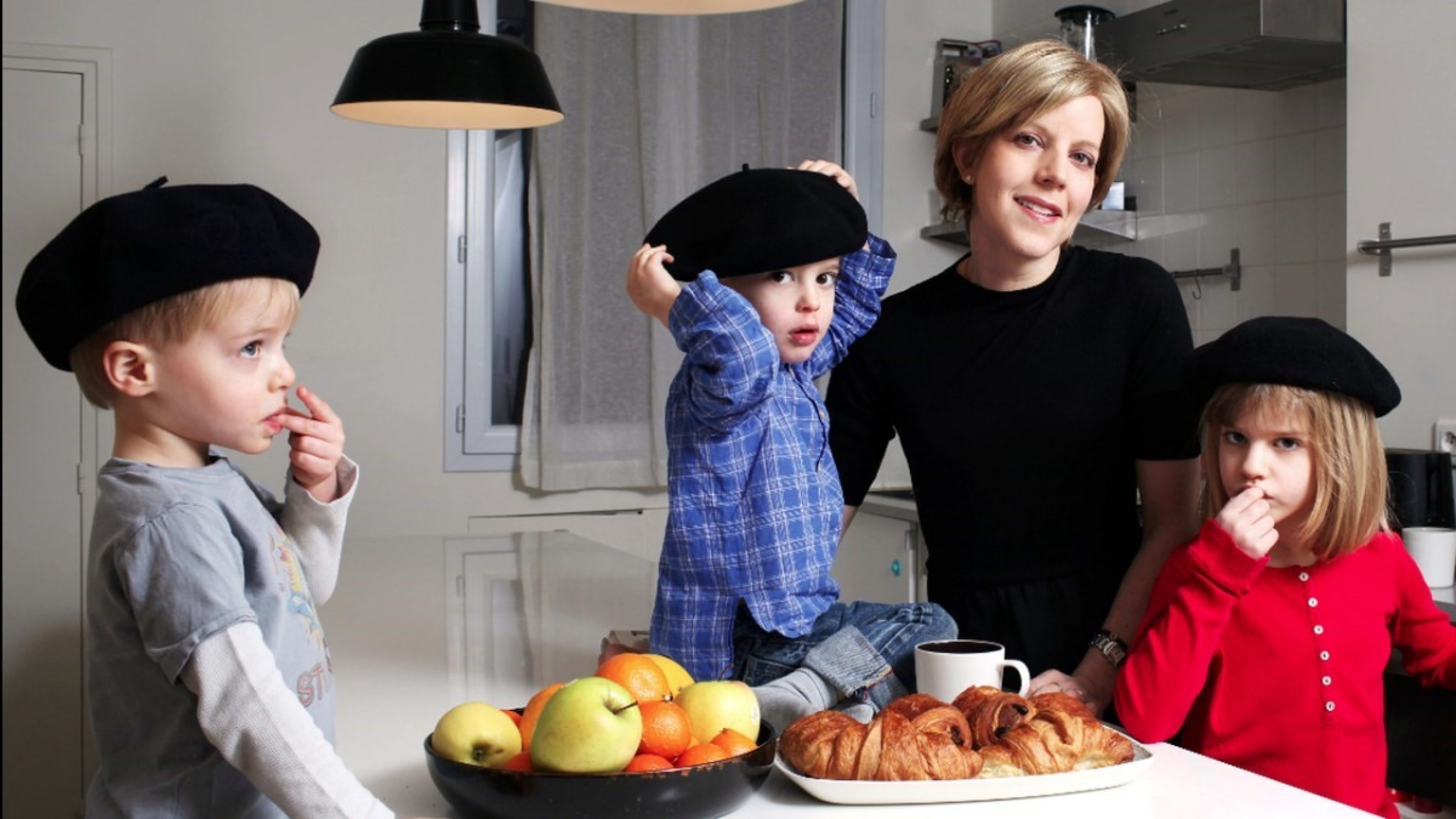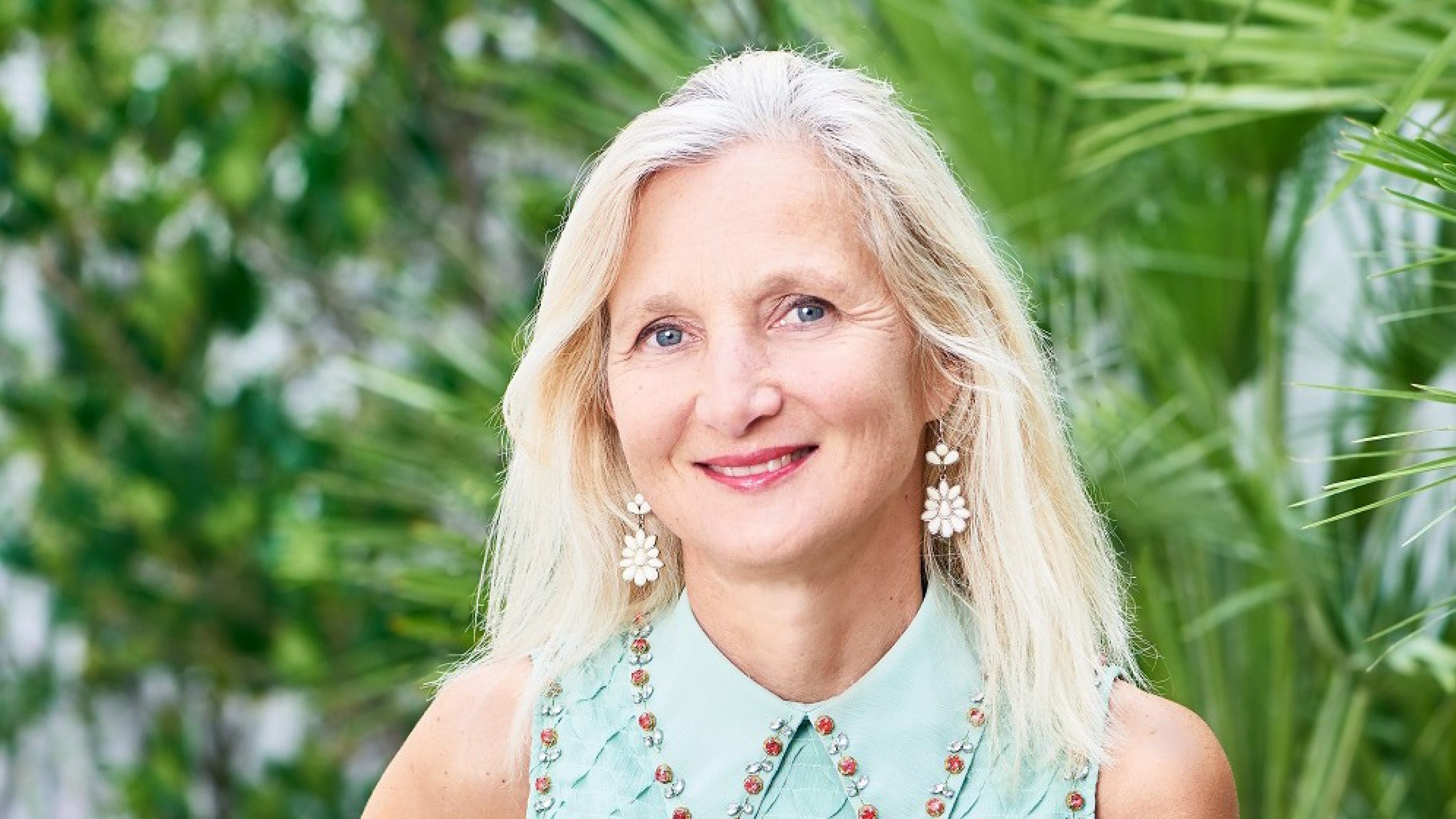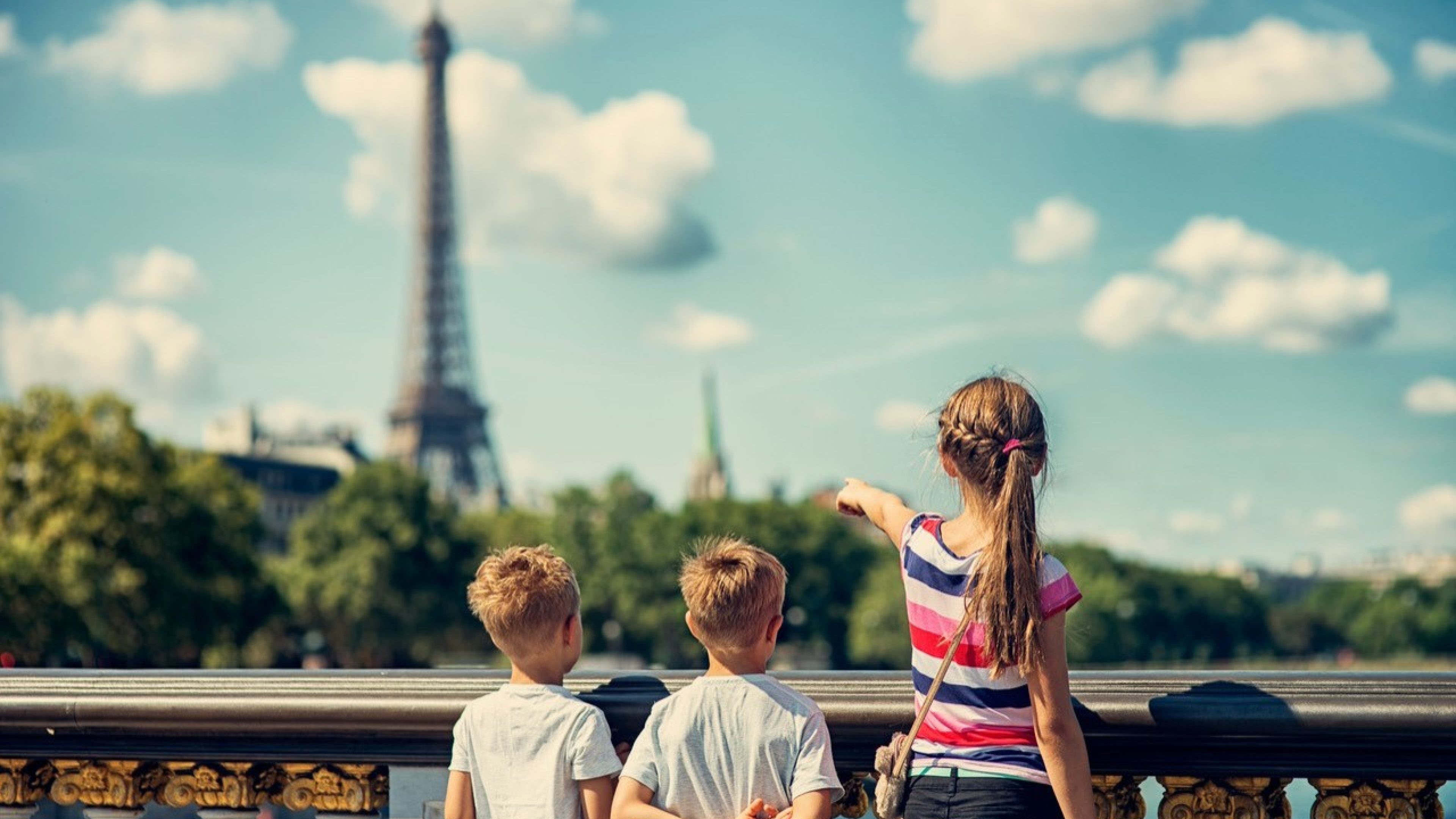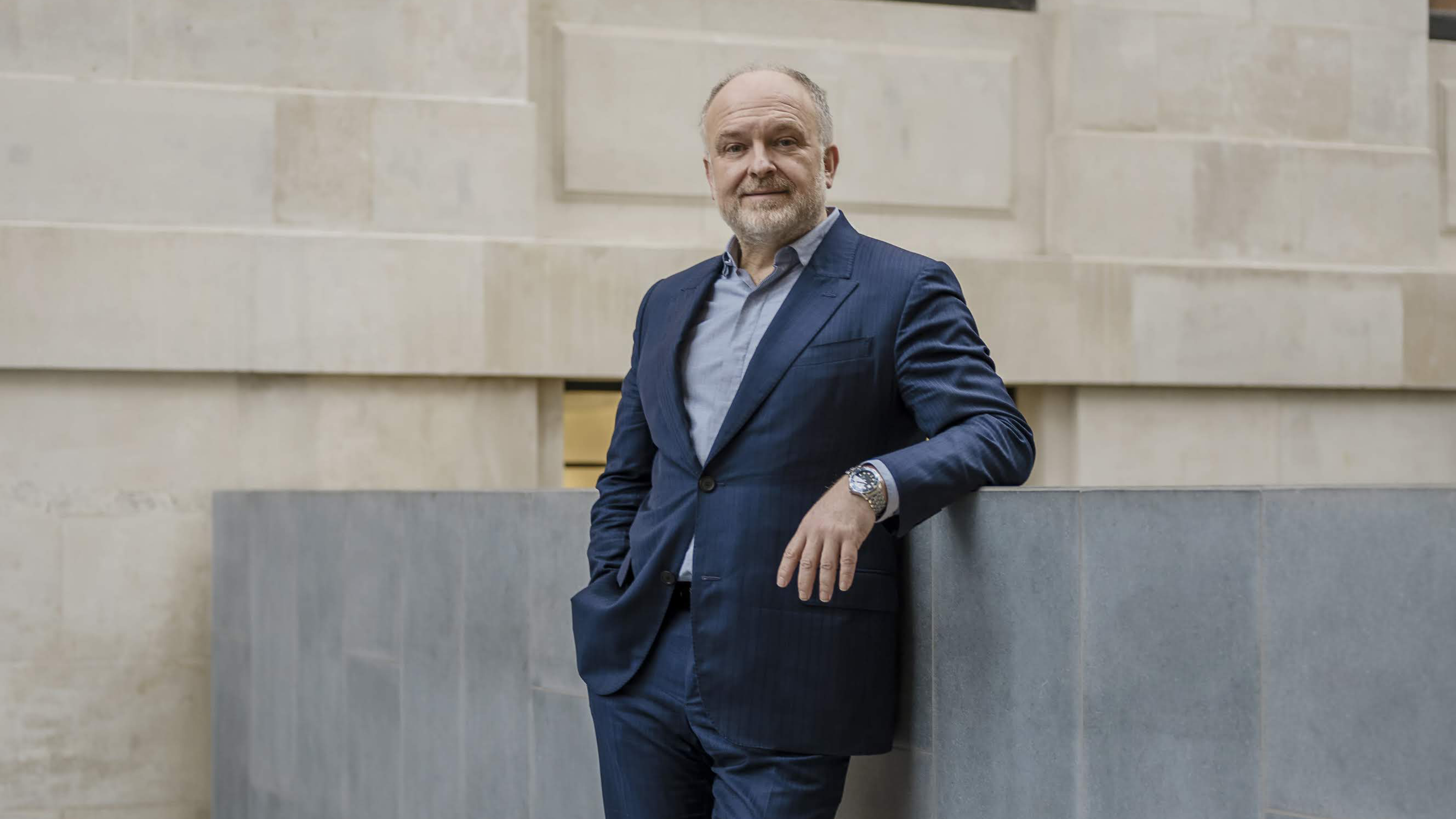Why do French babies sleep through the night? Why do children in France eat up what’s put in front of them? How does that make their parents more self-determined? Pamela Druckerman, an American in Paris, has studied the way the French bring up their children and written a bestseller on the subject.
How did you come to research the secrets of a French upbringing?
The key moment was a meal with our young daughter in a restaurant during summer holidays in the west of France. There were French families relaxing at the tables around us, enjoying a three-course meal. Our little monster, meanwhile, complained, ate nothing but chips, and tried to climb out of her babyseat the entire time. So I asked myself what we were doing wrong. How do French parents manage it?
And what is their secret?
Two things are central. For one thing, family life does not revolve exclusively around the children. And for another, the French do not believe that even small children are helpless beings, but that they are rational individuals able to think. This means that they don’t talk babytalk to them, but entirely normal language. There is trust in the child from day one, and its education begins at once.
How does that work?
Take sleeping. Babies must adapt very early on to the sleep rhythm of the family as a whole, and the parents are active in teaching them to sleep through the night. They do this by not reacting immediately as soon as the child wakes up. This gives it a chance to regulate its sleep phases itself, a technique that works best in the first four months.
What accounts for this lack of laissez-faire in the homeland of the 1968 generation, of all places?
Child-rearing methods have changed, too, in the wake of the 1968 generation. The new pedagogical ideal has been shaped by the pediatrician and psychoanalyst Françoise Dolto, who said, “Listen to the children. Take their desires seriously, but don’t forget to set boundaries.” The magic recipe is "le cadre", the so-called frame. You set boundaries, but they have their freedom within those boundaries. Let me give you an example: when it’s time for bed the children have to stay in their rooms, but they are allowed to do what they like there for a certain time.
And that’s how you teach children to be nicely behaved and well balanced?
Here too there is the "cadre". The French believe that taste can be learned, so there are no kiddie menus: children eat the same thing as adults. This culinary education is also a feature of crèches, where there are no snacks, which means that the children are actually hungry at lunchtime. So in principle it’s pretty simple, but also effective – like so many things in French pedagogy.
Isn’t it desirable for children to be self-confident and creative instead of conformist and well behaved?
It’s not about good behaviour, it’s about respect. You teach children empathy with this method, you draw them out of their egocentric bubbles. The French think that a child who can deal with frustration will in the long run become a happier person who is better able to deal with stress.
So is that why the French give their children less praise, as you write in your book?
They give more targeted praise. Inflationary praise becomes worthless, and children sense that. The French model involves learning to be happy, even without continuous feedback from your parents. In many western countries the focus is more on security and control, while in France it is more on autonomy. It’s more about guiding children to do things by themselves.
Children are to become self-determined at an early age – how does it look for their parents?
There’s less of a myth here of the pure happiness and contentment of childhood. French parents do not define themselves solely in relation to their kids, but instead make sure that every aspect of life – that of the mother included, whether as a professional or as a woman – is accorded appropriate space, and that no one aspect becomes dominant. This balance is very important to them – and it makes them more self-determined.
How do you see this in everyday life?
Parents’ lives take up more space and time. It’s normal for children of four or five to spend a few weeks with their grandparents, or for their children to go on holiday alone now and then for a week. There’s even a time of day known as “grownups’” or “parents’ time”. It begins right when the children are in bed and ensures early, solid periods of sleep. Family life just isn’t all about the children. The French also don’t have the feeling that children need constant fostering and ferrying about from course to course.
Your daughter is now 12 years old, and you have since had twins. Do you believe it is possible to learn French childrearing?
Childrearing is luckily not innate or static. We can change it. My husband and I have in fact taken on a lot of stuff simply because it makes more sense. And yes, mealtime rituals are part of it. Our eldest even eats Roquefort cheese now.
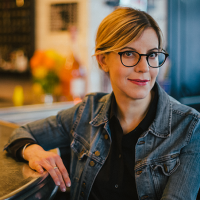
Pamela Druckerman
Freelance journalist and author
Pamela Druckerman (48) grew up in New York, where she studied international relations at Columbia University. She then worked as a staff reporter at The Wall Street Journal and wrote for The New York Times, The Washington Post and Marie Claire. Today she works as a freelance journalist and author of non-fiction. She lives with her English husband and their three children in Paris.
International bestseller
"French Children Don’t Throw Food: Parenting secrets from Paris" (Black Swan) by Pamela Druckerman has been translated into more than 20 languages and has been a bestseller in many countries. It has made it to the New York Times top-ten bestseller list and has been a number one bestseller in England (Sunday Times). Pamela Druckerman’s latest book, "There are no Grown-Ups: A midlife Coming-of-Age Story" (Penguin Press) is available only in English for the time being.


Series: Exemplary France
France has Europe’s highest birth rate and the most women in leadership positions. In a series of articles we detail how France has managed this and what other countries can learn from it.
